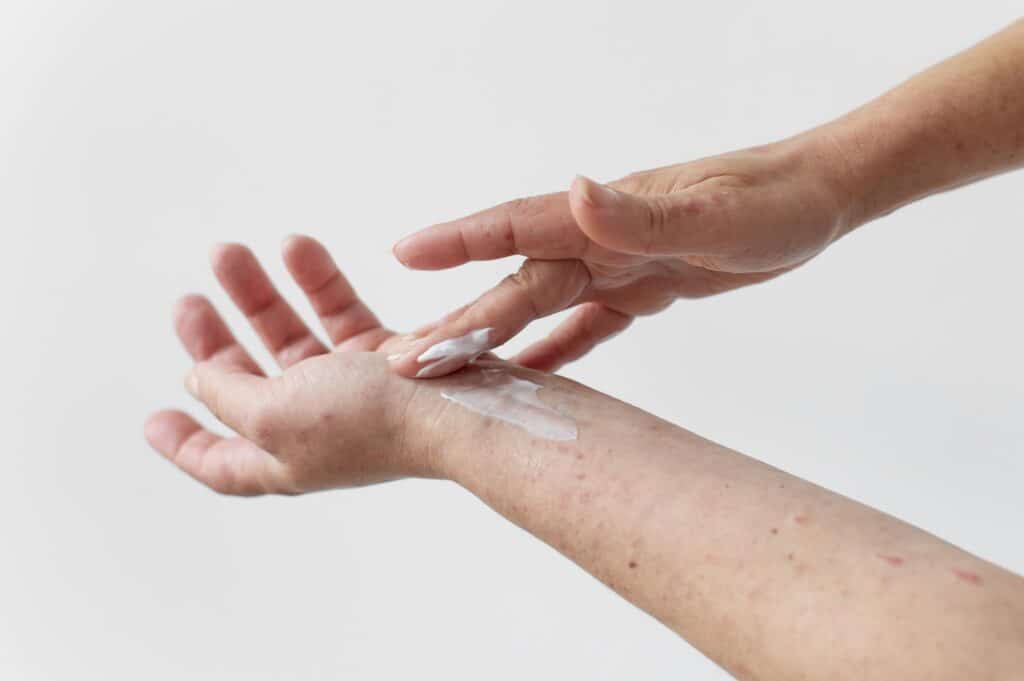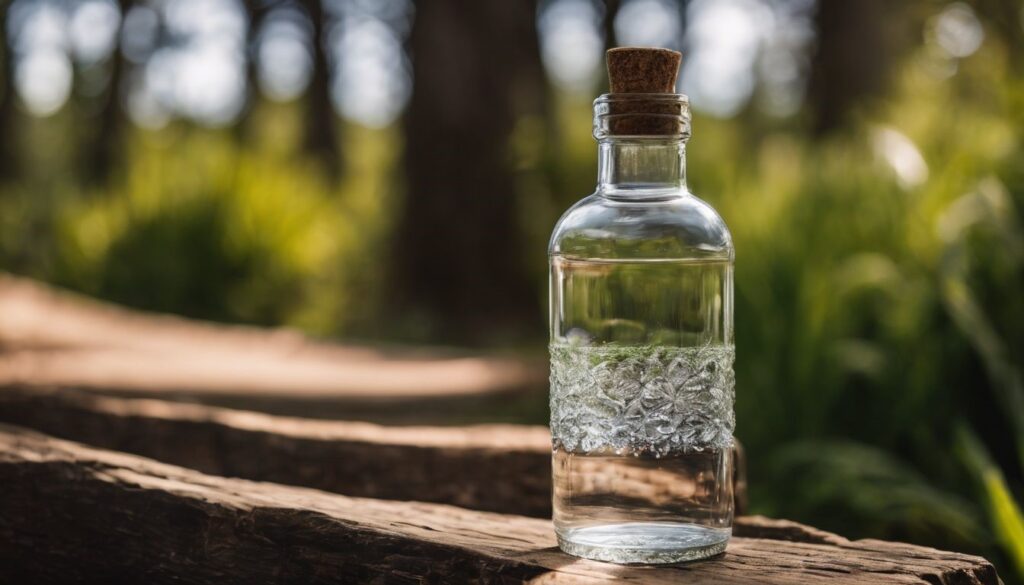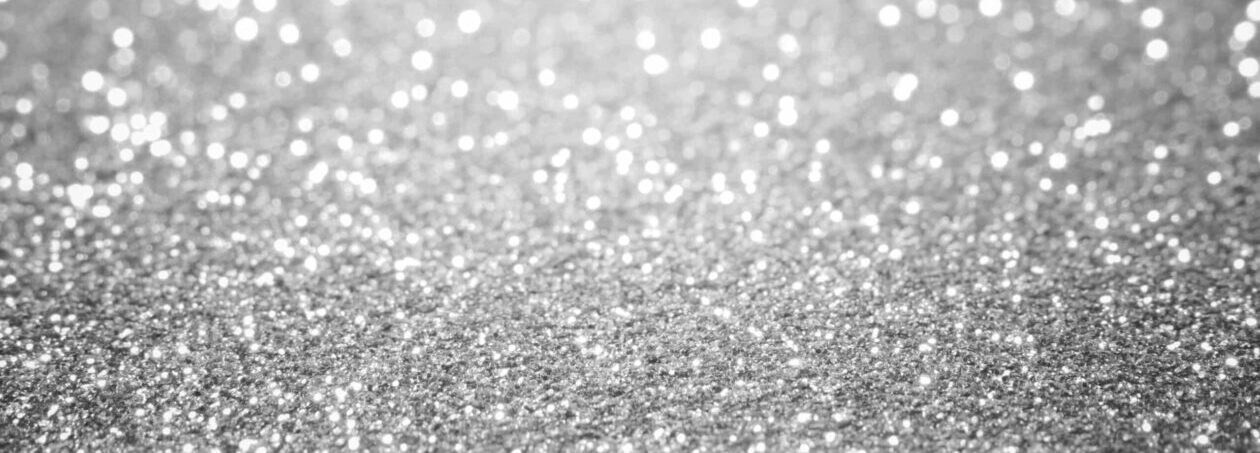Unlocking The Potential: The Various Uses For Colloidal Silver

Many search for natural ways to boost their health and tackle everyday ailments. Colloidal silver, a solution of tiny silver particles in a liquid, has a long history as a multipurpose remedy.
This article will explore colloidal silver’s potential uses and benefits, separating fact from fiction to guide you toward informed decisions about your wellness routine. Discover the full story on colloidal silver‘s uses and safety next.
Key Takeaways
-
- Colloidal silver is made of tiny silver particles in liquid and is used by people who think it helps with health issues like infections and wound healing.
-
- It can be bad for you to take too much colloidal silver. You could get a bluish-gray skin color, kidney damage, or seizures.
-
- Doctors say you should not drink colloidal silver because it might harm your body inside.
-
- The FDA has not approved colloidal silver for treating diseases, and there’s no proof that it works for any health condition.
-
- While some believe in the benefits of using colloidal silver on skin or wounds, always be careful and talk to a healthcare expert before trying anything new.
What is Colloidal Silver?

Colloidal silver is a suspension of tiny silver particles in a liquid, often touted for potential health benefits. It is a dietary supplement with antimicrobial properties believed to aid in wound healing and treating various health conditions.
Supplement Facts
When discussing colloidal silver, understanding its contents is essential for those looking to improve their health. The facts surrounding this supplement provide the necessary information for informed decisions.
| Property | Description |
| Composition | Silver particles suspended in a liquid, typically distilled water. |
| Particle Size | Varies, but generally ranges from 1 to 100 nanometers. |
| Concentration | Typically measured in parts per million (ppm), with concentrations ranging from 10 to 5000 ppm. |
| Color | Can appear colorless or have a yellow tint, depending on particle size and density. |
| Manufacturing | Produced using an electrolytic process or by binding silver particles to a protein. |
| Storage | Should be stored in dark, non-reactive containers to prevent light-induced changes. |
| Intended Use | Marketed for immune support and topical skin and wound care application, though not clinically proven. |
| Regulation | Not approved by the FDA for treating any disease; safety and efficacy are not established. |
| Claims | Promoted as a remedy for various ailments, including infections, cancer, and AIDS, without clinical evidence of effectiveness. |
This table guides the components and characteristics of colloidal silver, highlighting the lack of FDA approval and the absence of proven clinical benefits. It’s crucial to ensure that individuals are well-informed about the products they choose to incorporate into their health regimen.
How it is Used
-
- People put colloidal silver on cuts or wounds. It acts as a barrier against infections.
-
- Some drop colloidal silver in their eyes to treat eye infections. This use is based on its antibacterial properties.
-
- Individuals spray colloidal silver into their noses to help with nose problems like rhinosinusitis.
-
- Many choose to swallow colloidal silver as a dietary supplement. They believe it boosts their immune system.
-
- Colloidal silver can be a part of creams or lotions used on the skin. These products aim to improve skin conditions like eczema or acne.
-
- Some folks apply bandages with colloidal silver on top of wounds or burns, hoping for faster healing.
-
- There are throat sprays made with colloidal silver. These aim to soothe sore throats and may kill germs.
-
- A few people inhale it using a nebulizer for respiratory issues, but medical experts do not widely accept this method.
How it Works
Colloidal silver has tiny silver particles floating in liquid. The silver can fight bacteria, so some people put it on their skin to help cuts heal and stop infections. It’s like using an army of microscopic soldiers to guard against germs.
Scientists think the silver hurts the stuff inside bacteria that helps them live and grow. This can kill the bacteria or stop them from spreading. Remember, this only works on the outside of your body; doctors say you shouldn’t drink colloidal silver because it might be unsafe inside you.
Potential Health Benefits
<image: https://lisbon-groupdocs-app.s3.us-west-2.amazonaws.com/Source/7a6361a7-9a90-4bd2-9982-c1339f40b42a/A+person+applying+colloidal+silver+on+a+minor+wound+in+natural+setting.jpeg?X-Amz-Expires=3600&X-Amz-Algorithm=AWS4-HMAC-SHA256&X-Amz-Credential=AKIA4XIV7DNDGGIIQ4N7/20231216/us-west-2/s3/aws4_request&X-Amz-Date=20231216T204801Z&X-Amz-SignedHeaders=host&X-Amz-Signature=bb76ab3d2e4edd739d5314c83097fcef70abb1a7febaa06f3e40595a9d2803f0>
Colloidal silver has been touted for its potential health benefits, including wound healing, treatment of rhinosinusitis, and its antibacterial properties. Additionally, it has shown promise in addressing certain skin conditions.
Wound Healing
Since ancient times, colloidal silver has been recognized for its potential in wound care. It is considered a powerful antimicrobial agent that can aid in healing skin wounds.
Silver-containing wound dressings are more effective in promoting wound healing, and silver nanoparticles exhibit promising potential for this purpose. Colloidal silver in wound treatment is generally considered safe when used at recommended amounts, making it an appealing option for those seeking natural wound healing remedies.
Moreover, scientific evidence supports the beneficial effects of silver on promoting healing, indicating its significant role in wound care.
Silver has been acknowledged for its effectiveness in aiding the healing process of various types of wounds since 69 B.C., and its potential as a potent antimicrobial and therapeutic agent continues to be explored.
Rhinosinusitis
Colloidal silver has effectively treated chronic rhinosinusitis, offering a potential alternative for those seeking relief. Studies have found that topical colloidal silver can effectively manage difficult-to-treat polymicrobial biofilms and multidrug-resistant chronic rhinosinusitis.
This suggests a promising avenue for individuals dealing with persistent or challenging cases of rhinosinusitis to explore colloidal silver as part of their treatment regimen.
Some studies have demonstrated that colloidal silver used topically has been effective in managing difficult-to-treat biofilms associated with chronic rhinosinusitis, providing a potentially complementary approach to address persistent symptoms.
Antibacterial Properties
Colloidal silver possesses antibacterial properties, showing effectiveness against Gram-negative and Gram-positive bacteria in laboratory studies. The antimicrobial nature of silver has long been recognized for its ability to prevent infections, making colloidal silver a potential candidate for fighting off harmful bacteria.
Topical products containing colloidal silver claim to be effective germ-fighting agents and have showcased promising results in clinical trials. These findings support the view that colloidal silver could be valuable in combating bacterial threats.
In vitro studies have demonstrated the antibacterial activity of colloidal silver against various types of bacteria, reinforcing its potential role in promoting health and wellness.
Skin Conditions
Colloidal silver has been used to improve skin disorders and promote the healing of skin wounds, as studies have shown that silver particles in colloidal silver help reduce inflammation and stimulate new cell growth, speeding up skin healing.
However, it’s important to note that over-exposure to silver or its compounds can lead to a rare condition called argyria, causing the excessive buildup of silver in the body and turning the skin blue.
This potential side effect underscores the importance of using colloidal silver under appropriate guidance and caution when addressing skin conditions.
Safety and Side Effects
While colloidal silver is commonly used for its potential health benefits, it’s important to consider the safety and potential side effects. Interactions with medications, the risk of ingesting too much silver, and the possibility of skin discoloration are all factors to consider when using colloidal silver products.
Interactions and Precautions
-
- Avoid taking colloidal silver, antibiotics, or medications for thyroid conditions without consulting a healthcare professional. Combining these substances can reduce the effectiveness of the medications.
-
- If you experience adverse reactions while using colloidal silver, such as skin discoloration or neurological symptoms, seek medical attention immediately.
-
- Pregnant or breastfeeding women should avoid taking colloidal silver due to potential risks to the fetus or infant.
-
- Always follow recommended dosage guidelines when using colloidal silver supplements, and consult a healthcare provider if you have any underlying health conditions.
-
- Keep in mind that there is no scientific evidence supporting the use of colloidal silver for any specific medical condition, and long-term ingestion may pose serious health risks.
Potential Risks
Colloidal silver has the potential to cause serious side effects if used excessively. Taking colloidal silver regularly might lead to argyria, a condition where the skin turns bluish-gray due to silver build-up in the body.
In rare cases, excessive use of colloidal silver can result in severe health problems like kidney damage and seizures. There are also risks associated with poor absorption of certain drugs and potential toxicity when using extreme amounts of colloidal silver, urging caution and informed decisions about its usage.
It’s important to be aware that regular ingestion of colloidal silver can have severe consequences for your health, leading to conditions like argyria and posing risks such as poor drug absorption and potential toxicity from excessive use.
Is it Safe?
Using colloidal silver is not safe. The FDA has stated that products containing colloidal silver are not safe. Taking too much colloidal silver can cause serious health problems like kidney damage and seizures.
Regularly taking colloidal silver can lead to severe side effects, including argyria, which causes the skin to turn bluish-gray.
It’s crucial to understand that while some people may claim that colloidal silver has health benefits, its risks outweigh any potential advantages. It’s important to prioritize your well-being and seek safer alternatives for promoting good health.
FAQs
Q: What is colloidal silver, and how does it work?
A: Colloidal silver is a liquid containing tiny silver particles. It is believed to work by destroying pathogens such as bacteria and viruses.
Q: Is colloidal silver safe to use?
A: The safety of colloidal silver is a topic of debate. While some people believe it is safe when used in moderation, others warn of potential side effects such as argyria, which causes the skin to turn blue-gray.
Q: What are the various health claims associated with colloidal silver?
A: Proponents of colloidal silver suggest that it can boost the immune system, promote wound healing, and combat infections. However, these claims are not supported by substantial scientific evidence.
Q: Can colloidal silver be used for oral consumption?
A: Yes, colloidal silver is often used orally. Still, it is important to follow dosage guidelines and use it cautiously due to the potential risks associated with the ingestion of silver compounds.
Q: What products contain colloidal silver?
A: Colloidal silver can be found in various forms, including dietary supplements, creams, and sprays marketed for their antimicrobial properties.
Q: How are people using colloidal silver as a complementary health product?
A: Some individuals use colloidal silver as a complementary or alternative health remedy, incorporating it into their wellness routines for its perceived benefits.
Q: Are there any regulations regarding the marketing of colloidal silver?
A: The U.S. Food and Drug Administration has issued warnings and taken enforcement actions against companies making unproven health claims about colloidal silver products.
Q: What is the recommended dose of colloidal silver?
A: There is no established safe dose for colloidal silver. It is crucial to consult with a healthcare professional before using it, especially considering these products’ lack of regulatory oversight.
Q: Can colloidal silver have potential benefits for certain conditions?
A: Some studies have suggested that colloidal silver may have antimicrobial properties and could be used to treat certain infections. However, further research is needed to validate these findings.
Q: Is there evidence to support the claims that colloidal silver is effective for health purposes?
A: Scientific evidence supporting the purported benefits of colloidal silver is limited, and its use as a health remedy is controversial. Consumers should approach claims about its efficacy with caution.

